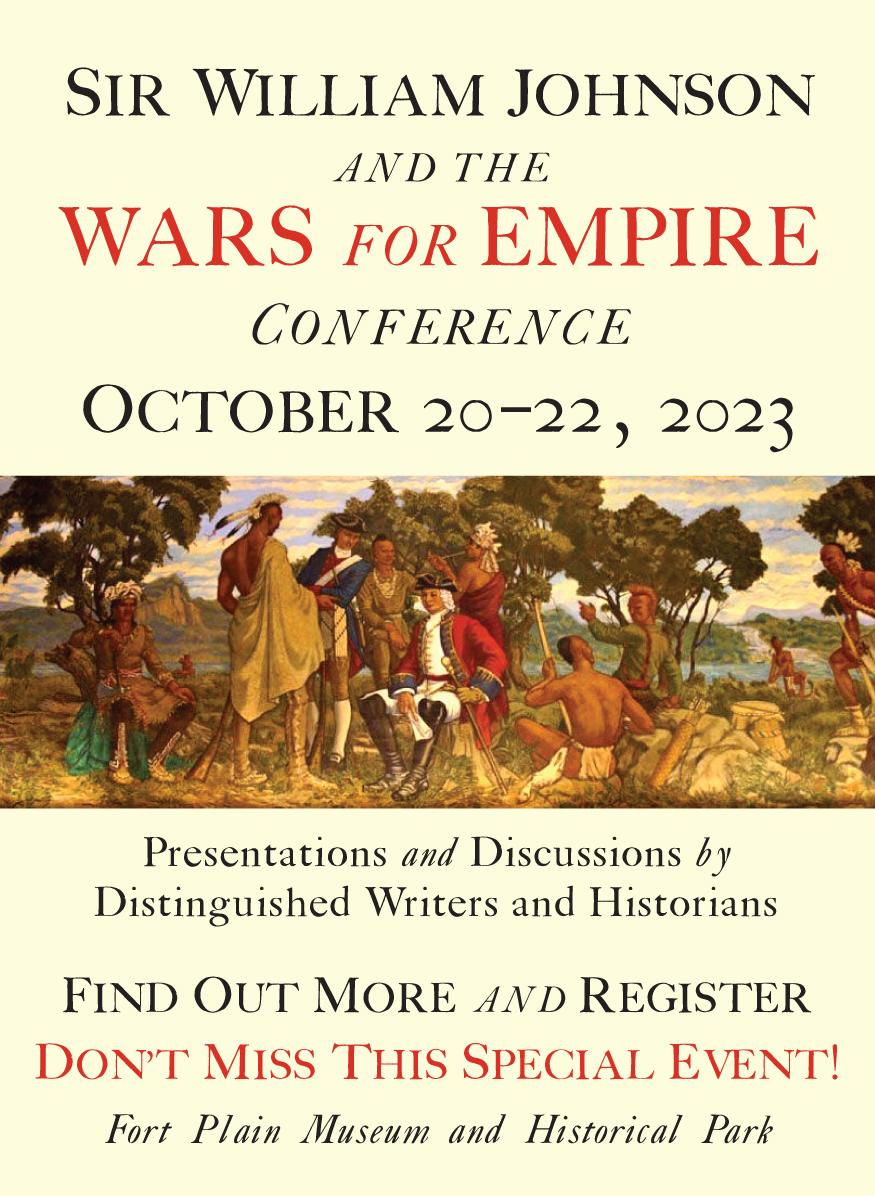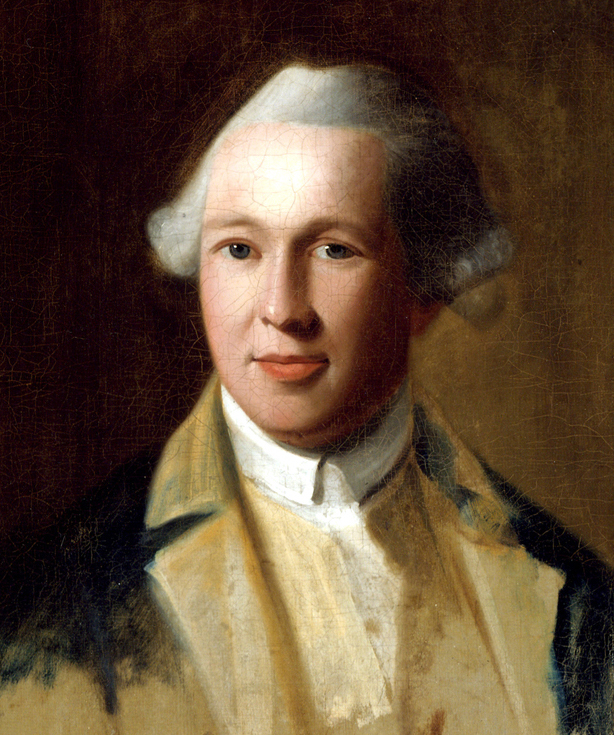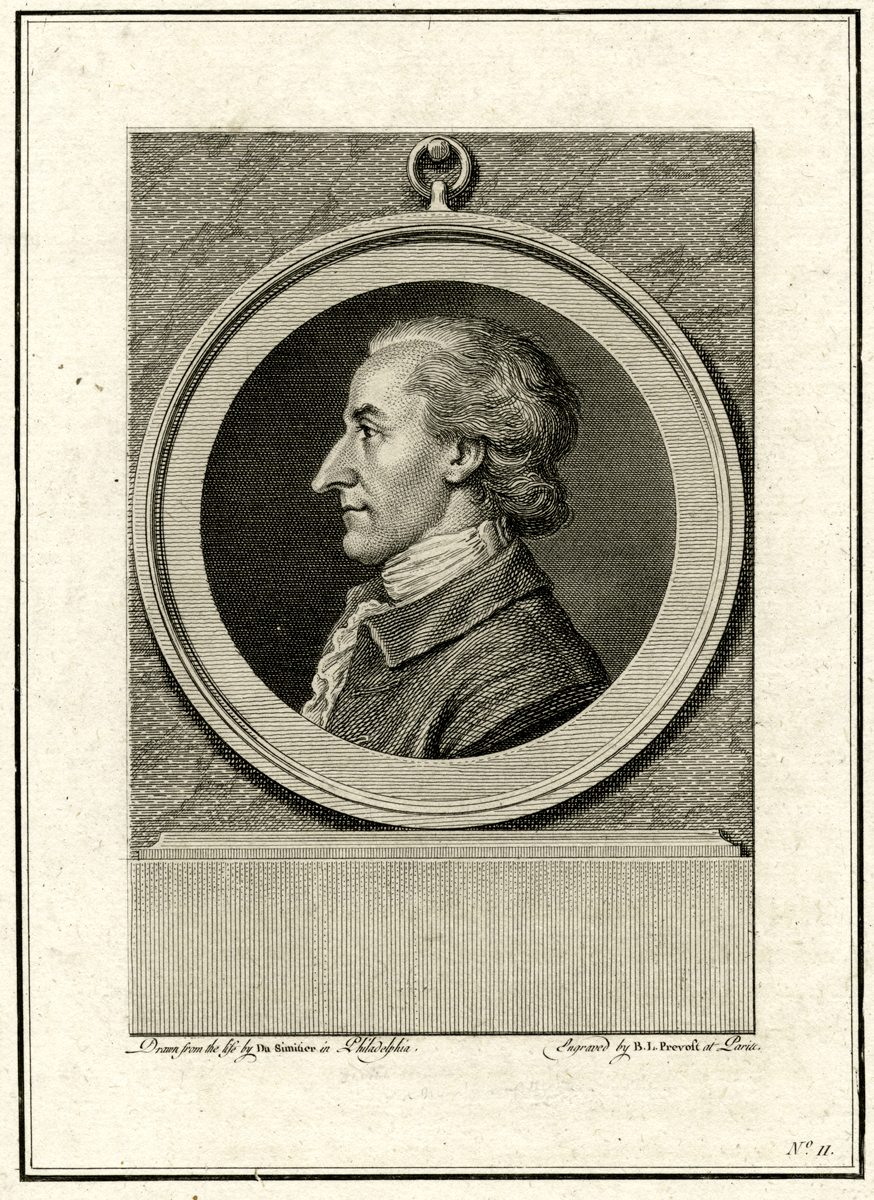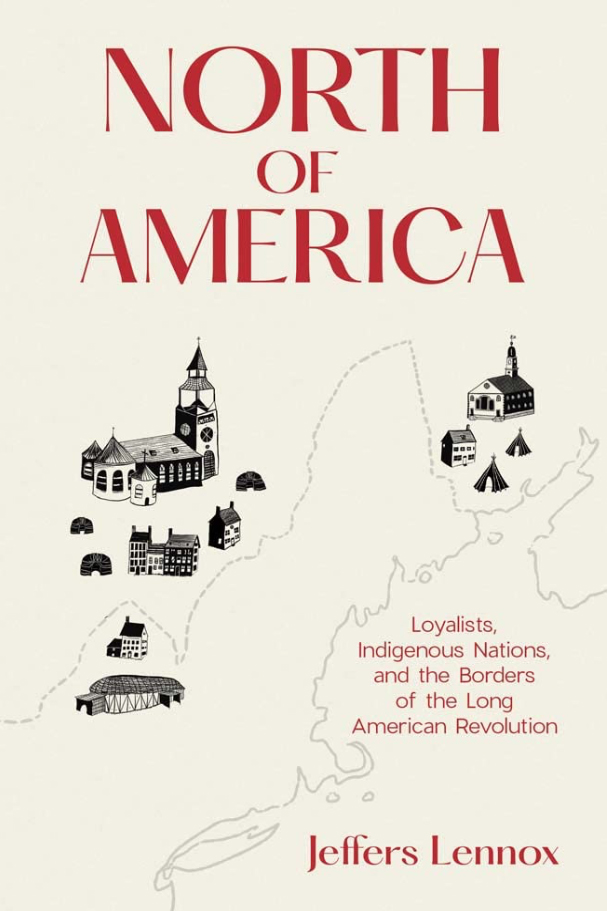Most overrated battle of the Revolutionary War? Why?
Saratoga. It wasn’t a turning point and the general who theoretically won it, Horatio Gates, was a coward and a fake.
–Thomas Fleming
Not a battle, but one of the most famous events of the war: Paul Revere’s ride was a brave, stirring act, but if British officers had stopped him at the start, the Battle of Lexington and Concord would probably have turned out the same at the end of the day.
–J. L. Bell
Hubbardton, 07Jul77. The British made much of this action; however, their ‘victory’ had no positive strategic effect on the outcome of Burgoyne’s expedition. British and Brunswick casualties were excessive and irreplaceable and, although rebel casualties were equally heavy, their army recovered quickly and was readily reinforced.
–Gavin K. Watt
Battle of Valcour Island. Except as a showcase for American audacity in general and Benedict Arnold’s courage in particular, the battle had no real impact on the War. One might suggest it delayed British invasion of New York but it was already late in the season. In any event, Burgoyne started planning a more sophisticated invasion in early 1777 so any delay by the Americans was a pyrrhic victory at best. Coming after the Battle of Long Island it was also a morale booster but other than a ‘feel good’ enterprise it had little impact.
–Steven Paul Mark
Yorktown, since the British only lost a subordinate command and the British had since 1778, already decided to focus on other theaters of the war.
–Steven M. Baule
Valcour Island comes to mind as a highly overrated affair. The strategic victory had already been won as the British advance came far too late in the season for any hope of success. Arnold had virtually no chance of success and didn’t actually inflict very much damage to the British fleet. Many historians (and Arnold biographers) insist the battle itself turned the British invasion and saved the day. However, when looked at logically, any invasion down the upstate lakes in October was doomed from the start.
–Wayne Lynch
Battle of Lexington, April 19, 1775. The British won the Lexington skirmish, and to them, it was no big deal. But Concord resulted in dead redcoats, and those dead bodies tipped a terrorism-prevention operation into a war.
–Don Glickstein
Shocker Alert: YORKTOWN. The battle was important, costing the British some 8,000 men, but Britain still had 40,000 troops in North America and the West Indies, stationed in nearly impregnable strongholds. Four years earlier Burgoyne had lost a comparable number, so why did one defeat trigger the end of the war, while the other had not? Yorktown needs to be contextualized. Simultaneous with its struggle to keep America, Britain was fighting an alliance of European powers in the West Indies, East Indies, India, Cape of Good Hope, two outposts in the Mediterranean, the North Sea, and even defending the English Channel. The loss of Minorca, a budding crisis in India, and an unfunded war debt of thirty million pounds – along with Yorktown – prompted a strategic retreat that actually saved the overextended British Empire. It was time to retract and move on, William Pitt the Younger told Parliament: “Let us examine what is left with a manly and determined courage.”
–Ray Raphael
The most overrated battle would have to be the 1779 Battle of the British Isles – specifically between Captain John Paul Jones’ warship Bonhomme Richard and the British frigate Serapis in the North Sea between England and the Netherlands. Celebrated as a huge American victory, it gave us the dubious quote for our annals of American history by John Paul Jones: “Surrender? I have not yet begun to fight!” But this much-publicized naval battle had no effect whatsoever on the outcome of the Revolutionary War. The most it did was to interfere with British shipping and, while also proving to be an embarrassment for the Lord North ministry, it just tied up some British naval resources from getting to the American seaboard. I liken it to Col. Jimmy Doolittle’s early World War II bombing mission. Both attacks provided an American morale boost, but little else in affecting the war.
–John L. Smith, Jr.
Reputably, the “Gibraltar of North America”, the capture of Fort Ticonderoga by Ethan Allen, Benedict Arnold and the Green Mountain Boys is the most over hyped accomplishment of the Revolutionary War. In reality the dilapidated fortress was indefensible and manned by an undersized, sickly garrison. The Green Mountain Boys easily overwhelmed the lone sentry and quickly captured the sleeping Red Coats in their barracks. No one was killed.
Strategically the storming of Fort Ticonderoga was useful for providing cannon for bombarding the British from Boston and deterring British invasion from Canada. Emotionally, it was uplifting as the first offensive operation of the Revolution. However as a major battle, it paled in comparison to the many bloody, lesser renowned battles to follow.
–Gene Procknow
I am not sure that “overrated” is the correct word, but the Battle of Monmouth was the least significant of all the major engagements in the war. It was sharp and bloody, but it had no impact on the course of the war. Aside from the tragic ruin of Charles Lee, nothing of long term significance resulted from the battle.
–John Ferling
Saratoga. Saratoga was a series of battles, a campaign, not a battle. In addition, the war continued on for five more years, making it hardly the major turning point it is often portrayed. The battle of Germantown had impressed the French, Washington attacking so soon after Brandywine, and the treaty with France was not only based on the surrender of Burgoyne at Saratoga.
–Jeff Dacus
Boy, am I going to get killed for saying this: Yorktown. First, I would argue it was not a “battle” at all, but a siege. But it’s usually called a “battle.” Also, it was pretty one-sided. Cornwallis was not going to break out of that encirclement. His troops were chewed up by Greene and had marched on short rations; the Americans were fresh and well-fed. Cornwallis could only evacuate by sea, and well… we all know what happened there. I find it the most anti-climactic. Once Washington and Rochambeau shut the door, so to speak, it was over. Not much suspense, really. Even politically, it’s over-rated. Yes, we know that news of it spurred the peace party in Britain, but not everyone on the British side viewed this as “the end” or the “last straw.” They hadn’t thrown in the towel after Saratoga; why was it a foregone conclusion after Yorktown? Greene had to besiege Charleston for another year, and Washington sat outside New York for some time, waiting… I say this as a Virginian!
–Curtis F. Morgan, Jr.
Perhaps all of the battles in and around New York City in 1776. The British were all but guaranteed Manhattan Island. Washington might have used his resources differently had he given up New York for some more defensible option.
–Derek W. Beck
The battles at Saratoga. Despite popular belief, the victory there did not cause the French to join the Americans in an alliance. That was going to happen anyway. The French had prepared for war and were still in negotiations to drag the Spanish into it so the combined fleets would be stronger than the British. The failure of Spain to get its act together and fight in a global war with a central goal in mind allowed the British to rebuild its navy and prepare for a cross channel assault from France. Saratoga merely accelerated the time table by a few months at best. The French alliance was of no help to the Americans until the French navy ferried over French troops except for the supplying of American naval ships.
–Jimmy Dick
The Battle of Quebec on December 31, 1775. By the time the American attack was made, it was already clear that Quebec and its inhabitants were not going to join the Revolution, and the assault had almost no chance of success. Many lives were wasted in the futile effort; unlike Washington, Montgomery and Arnold didn’t understand that sometimes it’s wiser to retreat and preserve the army.
–Jim Piecuch
What about you? What do you think is the most overrated battle of the Revolutionary War?
[Featured image at top: Battle of Valcour Island. Source: National Archives of Canada]














5 Comments
Yorktown seems an odd choice to me. Regardless of the numbers of soldiers lost and the numbers still remaining or the fact that it was a siege, it remains true that it was perceived as a disaster by the ministry and was, in fact the final nail in the coffin of said ministry. The changing of the government, especially the removal of North, allowed real negotiations and recognition of American independence to move forward. Yes, strategic primacy had already shifted to other parts of the empire, but the shock of Yorktown led directly to the end of the war in North America and removed important obstacles to the recognition of the new nation.
As much as I would like to argue that Hubbardton should be rated as a significant action (it is, after all, a major part of my home state’s Revolutionary history and part of the unit I recreate fought there), I just can’t bring myself to debate with that savage of King George’s, Mr. Watt. While the battle halted the British pursuit, if the action had not been fought, the Brits most likely would only have advanced seven miles farther south to Castleton and then turned west to rejoin the main body at Skenesborough. It is, however, a beautiful historic site worthy of a visit.
I find it interesting that Valcour is included in a couple commentaries–not to mention that the painting that heads this discussion is of the battle. The action certainly is of great interest to me–as it is to many residents and most historians of the Lake Champlain valley–but most of us here acknowledge the fact that it did not, as some earlier historians have claimed, turn the tide of the 1776 campaign. Misters Mark and Lynch are correct that gaining a couple days in October would not have mattered. As I mentioned in my article on the battle some months ago, it’s not the battle that is significant but, rather, the arms race between the two sides brought on by trying to build the strongest fleet over the preceding summer. That time span certainly proved important.
I’m also surprised that the “Battle of Valcour Island” is included a few times on this list. Leading up to this battle, Major General Sir Guy Carleton” referred to Arnold as “relentless” which was likely an opinion he developed after having experienced his skeleton siege at Quebec. He had already been successful in attacking St. Johns. Given Carleton’s risk aversion nature and knowing it was Arnold’s fleet he was facing, it’s likely he over prepared in building his flotilla, especially with the “Inflexible,” which gave the Americans much needed additional time.
The battle which took a few days showed the American’s relentless fighting spirit, when faced with a far superior enemy in terms of skilled mariners, vessels, cannon strength, etc. The Americans still did more damage than I’m sure the British anticipated in a perfect location to take account of the American fleet’s weaknesses in Valcour Bay. I would think this would have made an impression on the British if they were going to continue fighting the American’s at Fort Ti.
Had they been in open water near Fort Ti or anywhere else for that matter, the British manpower would have obliterated the American in short time. Fort Ti was lacking in munitions, with Horatio Gates in command, leaving it extremely vulnerable for the taking.
I disagree about Valcour Island as being the most over rated battle of the American Revolution. Those that do suggesting that it was fought too late in the season to make a difference on the British advance miss the point. The fact that the British had to build a navy of sufficient size to dislodge Arnold’s is what caused the delay. Had there been an open lake the British could have moved south much earlier in the season